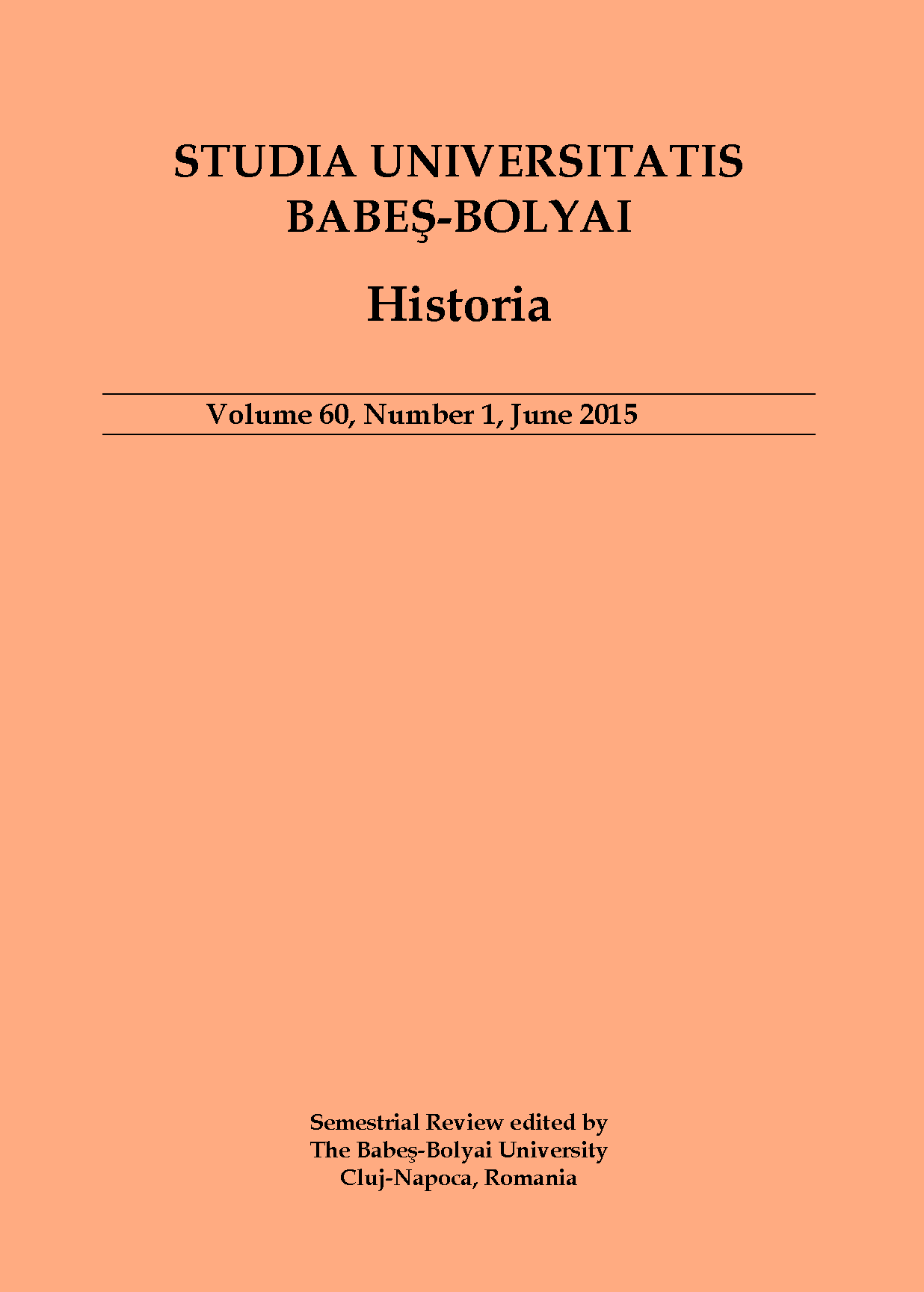Research Results Based on Non-Textual Sources and Their Interpretation for the History of Mendicant Economy
Keywords:
Central Europe, Mendicant friaries, economy, poverty, archaeology, non-textual sources.Abstract
This introductory paper does not summarize the existing literature about the subject. It only aims to sketch some milestones on the basis of examples coming mostly from “Western” researches as comparison tools, but also from remarks concerning “Central-Eastern” Europe. It tries to show which non-textual sources have been explored at present in order to study the economic management of the Mendicant friaries, with which approaches and which results. Few of them have been exploited by now from this point of view. Consequently, numerous issues of key importance still need to be properly addressed, such as: 1) could the Friars in Central Europe be considered by the faithful of the time as (voluntary) “poor”? 2) Did the Friars have a more important role in production and exchanges? 3) Do the non-textual sources give a different image of the social strata that materially supported the friaries than the one provided by texts?
Rezumat: Rezultatele cercetării surselor non-textuale şi relevanţa lor pentru studierea economiei mendicante Acest studiu introductiv nu îşi propune să ofere o sinteză a cercetărilor existente dedicate economiei conventurilor mendicante. Principala miză este aceea de a stabili într-o manieră comparativă cîteva repere analitice derivate atît din investigaţiile istoriografiei occidentale asupra acestui subiect, cît şi din observaţiile referitoare la situaţia din Europa Central-Răsăriteană. Ca atare, scopul acestui studiu este acela de a evidenţia sursele non-textuale folosite pentru a înţelege economia conventurilor mendicante, care au fost abordările la care s-a recurs şi, în egală măsură, rezutatele la care s-a ajuns. Datorită faptului că sursele non-textuale au fost în mare parte neglijate, este esenţială formularea cîtorva subiecte de cercetare, cum ar fi: au fost Fraţii Mendicanţi percepuţi de către creştinii din Centrul si Estul Europei ca adoptînd sărăcia în mod ”voluntar”?; au jucat mendicanţii un rol important în producţia bunurilor şi într-o economie bazată pe schimb?; oferă sursele non-textuale o imagine diferită de cea desprinsă din sursele textuale în ceea ce priveşte grupurile sociale care au susţinut conventurile mendicante?
Cuvinte cheie: Europa Centrală, conventuri mendicante, economie, sărăcie, arheologie, surse non-textuale
Downloads
Published
How to Cite
Issue
Section
License
Copyright (c) 2015 Studia Universitatis Babeș-Bolyai Historia

This work is licensed under a Creative Commons Attribution-NonCommercial-NoDerivatives 4.0 International License.






